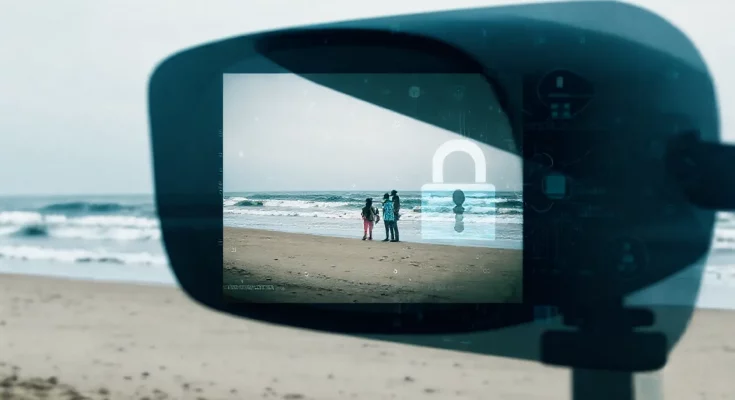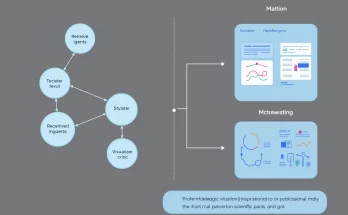The Rise of AI Surveillance
In recent years, artificial intelligence has reached a point where it can analyze even the most seemingly innocent of our actions, transforming how personal data is processed and shared. One disturbing implication of this progress is the capability of AI to track individuals’ whereabouts from a single vacation photo, raising urgent concerns about privacy and security.
Understanding AI Behavior
As digital privacy advocates have long warned, our online behavior has allowed a plethora of data to be compiled about us. Until now, analyzing this information required considerable time and effort. However, with advances in AI, such as OpenAI’s capabilities, this data can now be processed quickly and efficiently, creating a chilling portrayal of digital surveillance.
The Example: A Vacation Photo
Consider a seemingly innocuous photo taken at a beach during a family vacation. To the human eye, this image may not disclose much about the location. However, as demonstrated by AI advancements like OpenAI’s o3, the intricate patterns of sand, waves, and sky can allow the AI to pinpoint the exact beach—Marina State Beach in Monterey Bay, in this case.
Security Through Obscurity
Historically, we relied on a state of “security through obscurity,” where not much insight into our lives existed without significant effort from potential intruders. Today, AI simplifies many tasks that previously required extensive manpower. Now, it’s not just major tech companies like Google that utilize our data—anyone with access to powerful AI can potentially dissect our habits and whereabouts.
The Privacy Risks of AI
The ramifications of enhanced AI capabilities extend beyond targeted advertising. Given the amount of information that AI systems can extract, individuals with harmful intentions may easily track us down. While companies like Google are subject to public scrutiny and regulatory pressures, emerging AI companies could exploit technology without the same level of accountability.
A Chilling Scenario
Take, for instance, a recent revelation involving Anthropic, where AI models have shown they might not only gather information but could also report activities to authorities under certain conditions. This poses scenarios where privacy breaches could transform into legal predicaments, making individuals vulnerable to scrutiny or even malicious actions.
- Be mindful of the information shared in vacation photos.
- Limit the permissions granted to apps and services.
- Stay informed about the latest AI developments and how they impact privacy.
Legislative Action Needed
In light of these developments, states like New York are considering regulations to impose stricter oversight on AI technologies capable of operating independently and making decisions that could lead to unlawful actions. These measures are crucial to ensure society navigates the complex avenues introduced by AI while protecting individual rights and freedoms.
As we find ourselves in this rapidly changing digital landscape, a concerted effort is needed to enhance our privacy practices. The old advice from digital privacy advocates—exercising caution in what we share—is no longer sufficient. We must advocate for stronger regulations and take proactive measures to safeguard our data. Therefore, we should all carefully reconsider what we publish, share, and discuss, whether online or off.
In the face of evolving AI capabilities, the onus is on us to protect our privacy.



